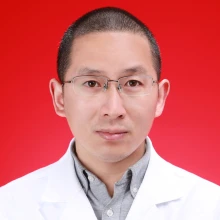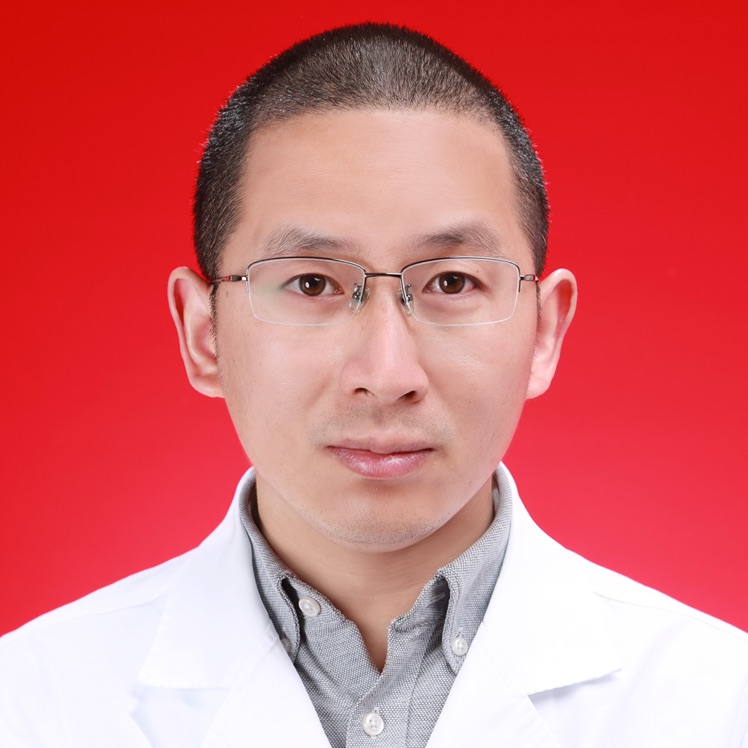文章
为什么开具阿米替林、米氮平、文拉法辛?
不少患者问:我没有抑郁,为什么开这些抗抑郁药?这是一篇关于阿米替林、米氮平、文拉法辛应用的原文摘要及译文。 Tension-type headache Sait Ashina et al. Nat Rev Dis Primers. 2021 Abstract Tension-type headache (TTH) is the most prevalent neurological disorder worldwide and is characterized by recurrent headaches of mild to moderate intensity, bilateral location, pressing or tightening quality, and no aggravation by routine physical activity. Diagnosis is based on headache history and the exclusion of alternative diagnoses, with clinical criteria provided by the International Classification of Headache Disorders, third edition. Although the biological underpinnings remain unresolved, it seems likely that peripheral mechanisms are responsible for the genesis of pain in TTH, whereas central sensitization may be involved in transformation from episodic to chronic TTH. Pharmacological therapy is the mainstay of clinical management and can be divided into acute and preventive treatments. Simple analgesics have evidence-based effectiveness and are widely regarded as first-line medications for the acute treatment of TTH. Preventive treatment should be considered in individuals with frequent episodic and chronic TTH, and if simple analgesics are ineffective, poorly tolerated or contraindicated. Recommended preventive treatments include amitriptyline, venlafaxine and mirtazapine, as well as some selected non-pharmacological therapies. Despite the widespread prevalence and associated disability of TTH, little progress has been made since the early 2000s owing to a lack of attention and resource allocation by scientists, funding bodies and the pharmaceutical industry. 译文: 紧张型头痛(Tension-type headache ,TTH)是世界上最常见的神经系统疾病,其特征包括轻度至中度疼痛、疼痛位于头部双侧、压迫或紧缩性的反复头痛,常规的体力活动不加重头痛。TTH诊断基于头痛病史和排除替代诊断,临床标准基于《国际头痛疾病分类》第三版。尽管TTH的生物学基础尚未解决,目前认为 TTH的疼痛起源于外周机制,而中枢致敏可能参与了从发作性TTH到慢性TTH的转变。药物治疗是其临床管理的支柱,分为急性治疗和预防性治疗。 单方镇痛药具有循证医学证据支持,被广泛视为TTH急性治疗的一线药物。对于经常发作的和慢性TTH患者,如果单方镇痛药无效、耐受性差或存在禁忌,则应考虑进行预防性治疗。推荐的预防性治疗包括阿米替林、文拉法辛和米氮平,以及一些特定的非药物治疗。尽管TTH的普遍流行和相关残疾,但自21世纪初以来,由于科学家、资助机构和制药行业对其缺乏关注和适当资源分配,研究进展甚微。

何绵旺
副主任医师
中国人民解放军总医院
271
人阅读
查看详情












